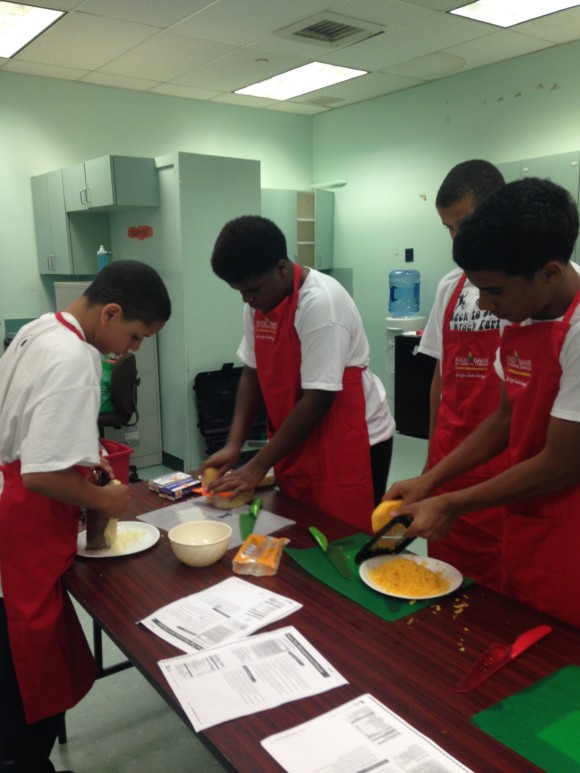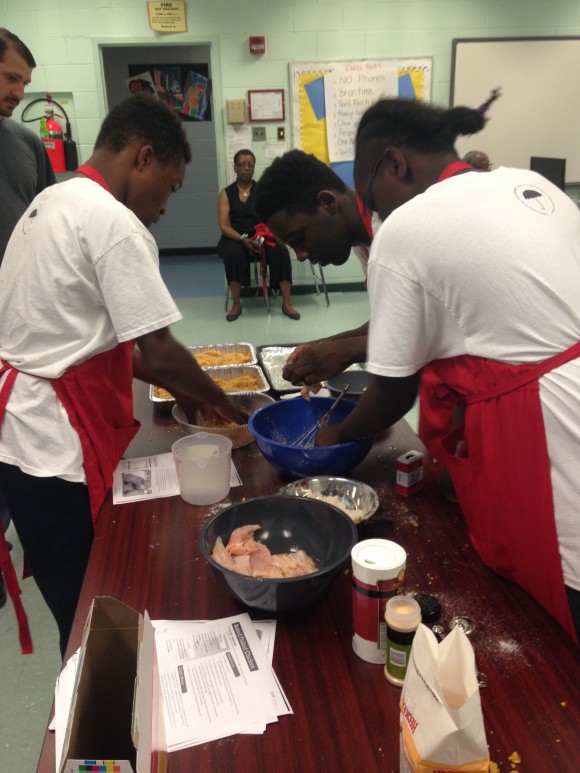As a junior majoring in Biobehavioral Health with a double minor in Biology and Health Policy and Administration, I possess a passion for health promotion from proteins to people. As a HealthWorks Peer Health Educator, I volunteer with the University Health Services in order to advocate for health amongst the Penn State community. I also serve as the Treasurer of the Penn State section of the National Council of Negro Women Inc., where I seeks to lead, develop, and advocate for women through philanthropy, prosperity, and the promotion of educational values. I give back to my community through serving as a tutor for the Student Support Services Program, helping to provide student with the tools for academic success. I underscore and advance my mission to promote scholarship through my position as a Scholar Advancement Team member of the Schreyer Honors College where I strive to diversify the faces in the SHC.
I aspire to obtain a PhD in population health in order to conduct research that combats health disparities related to chronic disease. My research interests include health disparities affecting the underrepresented populations and the African Diaspora; attitudes, behaviors, and determinants regarding diabetes among minority and low-income populations; community/family interventions or Community Based Participatory Research (CBPR) to improve diet quality and behavior in culturally sensitive ways, and quantitative and qualitative methodology. Last summer I completed a nine week research project under the mentorship of Dr. Emilie P. Smith, as a facet of the McNair Scholars Program which grooms undergraduates for graduate education.
This summer, I have the privilege of conducting diabetes research under the mentorship of Dr. Rhonda BeLue.

Through culturally grounded narrative interviews, this research explores what exercise means to Senegalese individuals in order to help manage diabetic interventions. This approach will also contribute to the field of health promotion by advancing a theoretical framework for delivering culturally competent health in West African cultures. More specifically, the purpose of my project is to identify culturally-grounded diabetes management narratives focused on exercise among diabetic patients in MBour, Senegal. Given the increasing burden of diabetes and chronic disease in SSA, my work has the potential to improve diabetes management and resulting diabetes death and disability. For example, we came across a 67 year old male with an amputated toe as a result of his poor diabetes management.

While exhausting, my work here is extremely exhilarating and fulfilling. The interviews were home visits which lasted about an hour long; moreover, we completed about four interviews a day, totaling at 41 before the data entry process. While my work may not be able to directly change issues such as accessibility/affordability, the conversation generated through these interviews is a start.
This fieldwork also helps frame my ultimate aspirations to improve chronic disease care and management in Haiti. Professionally, this experience will help inform my personal efforts to optimize diabetes management and prevention measures in Haiti. As a first generation Haitian-American, I am extremely invested in combating diabetes disparities since the disease is no stranger to my very own family, both my paternal and maternal sides. Martin Luther King Junior once said, “of all inequality, injustice in the healthcare is the most shocking and inhumane.” His words stand as the driving force behind my personal and professional aspirations. My academic endeavors and campus involvement demonstrate my passion and commitment to positively affecting public policy and potential health outcomes.

(Sweetest nine month old baby girl found comfort in my arms… I presume, who wouldn’t? She was being pampered as I fanned her! <3)

(Large mango tree in the yard of an elderly woman we interviewed; moreover, she had her granddaughter pick some fresh mangoes off the tree for us! Delectable treat after a long interview in the sweltering Senegalese shade!)

(Not all residents of Mbour have poor diabetes management. 8 month old Mohammed, the grandson of a mid-fifty year old man we interviewed, reached for my packaged water. Of course I had to share with my Young King. The mid aged gentleman told us of the impact the research Dr. BeLue has been doing… As a result of the information he learned in the past year, he exercises every single day and has drastically improved his diet!)





